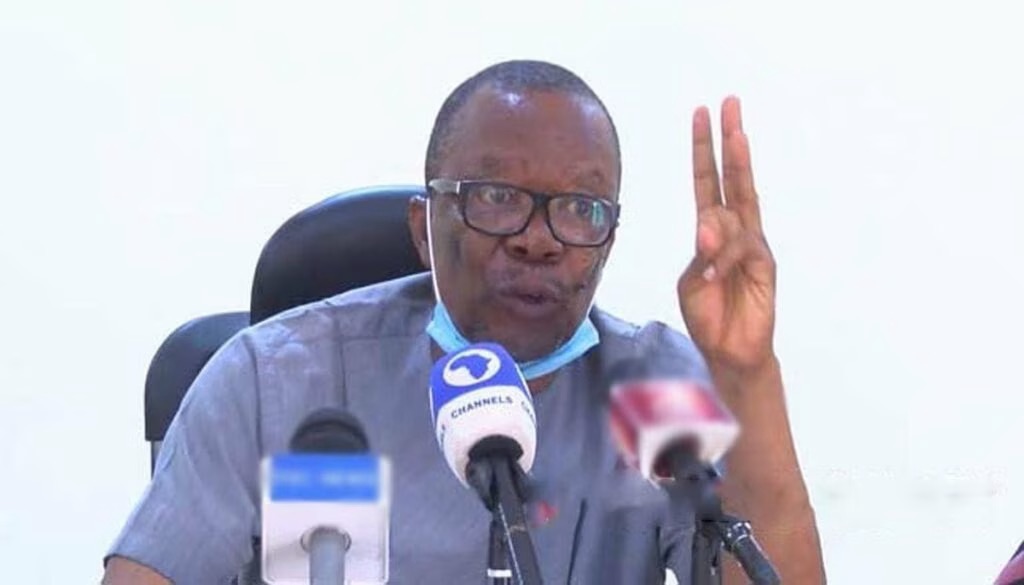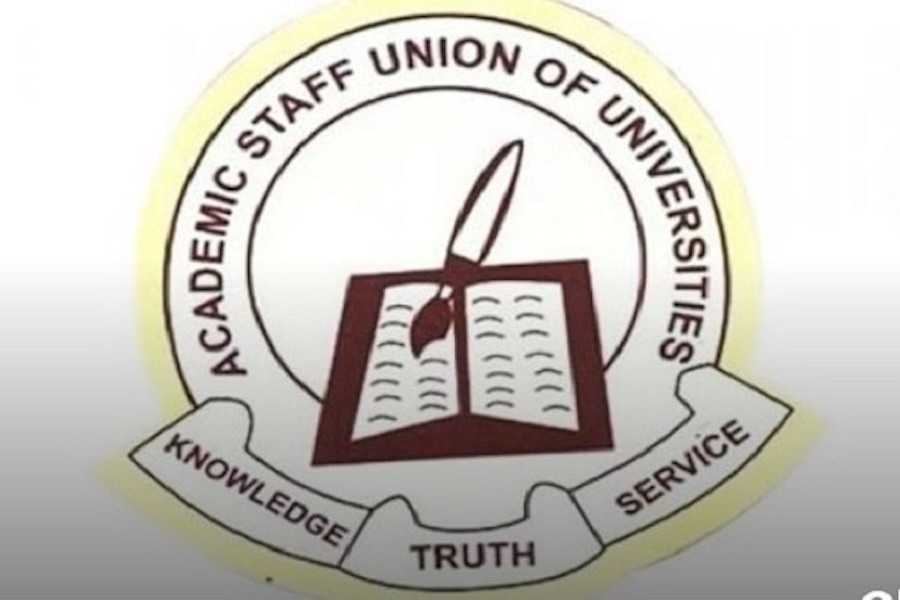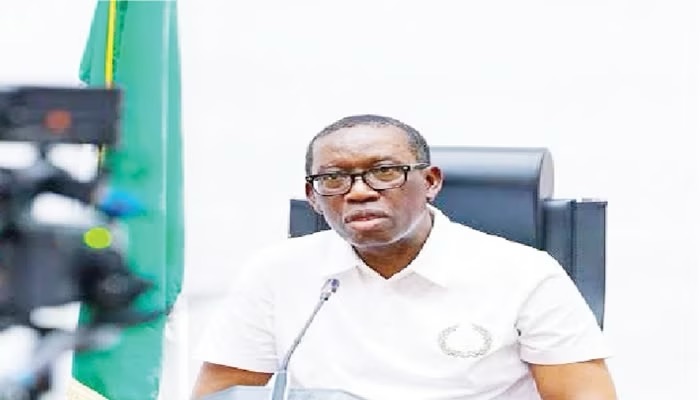ASUU, the long-established union representing academic staff in Nigerian universities, has dismissed CONUA, a newly registered university staff union, as “irrelevant.” The remarks reflect ongoing tension between ASUU and CONUA, which was recently recognized by the Nigerian government in what some believe is an attempt to weaken ASUU’s influence.
The government’s decision to register CONUA follows years of ASUU-led strikes over issues including funding, salaries, and working conditions at Nigeria’s public universities. The strikes have significantly impacted students, with the most recent one stretching for over eight months. The Federal Ministry of Labour announced that CONUA would be issued a certificate of registration, establishing it as an alternative for academic staff looking to avoid disruptive strikes, with the expectation that CONUA would not support work stoppages as a means of negotiation .

ASUU’s national president, Prof. Emmanuel Osodeke, expressed skepticism about the government’s motives, viewing the registration of CONUA as a deliberate strategy to undermine ASUU’s advocacy efforts. According to ASUU, this new union lacks the representation and commitment needed to address the longstanding structural issues facing Nigerian universities. CONUA, however, argues it offers a fresh perspective and is willing to engage with the government without resorting to strikes .
CONUA’s emergence introduces new dynamics in Nigerian academia, as its leadership claims it prioritizes maintaining a stable academic calendar and believes that continuous negotiations can be achieved without disrupting academic activities. Some university lecturers have shown interest in CONUA’s approach, which advocates for alternative dispute resolution without halting academic work, although it remains uncertain how many will ultimately align with CONUA.
The government’s move to recognize CONUA raises broader questions about the future of academic unionism in Nigeria. Whether this development will lead to less disruption in Nigeria’s universities or further fragmentation among academic staff remains to be seen.





